What are closing costs?
With little vacant land left, developers and wealthy buyers are razing small, older houses in sought-after Southern California neighborhoods to build modern mansions.
Homebuyers should be aware of the extra payments that accompany a home mortgage.
Shopping for the best mortgage involves more than just checking interest rates and loan terms. Many borrowers are surprised by the many additional costs involved in closing the loan.
Almost all closing costs relate to fees that the mortgage lender is charged by a third-party company and then passes on to the borrower. Some of the fees are additional costs the lender levies. Because these fees are all settled at the closing table, they are commonly referred to as closing costs.
Breaking down closing costs
Closing costs usually account for 2 percent to 5 percent of a home’s sale price, although they may be more or less in some cases. These costs typically cover:
- Obtaining a credit report
- Processing paperwork for the loan (loan-origination fees)
- Legal fees
- Home inspections
- Appraisals
- Surveys
- Title insurance
- Title searches
- An escrow deposit
- Recording the transaction in the city or county’s records
- Underwriting the mortgage (evaluating the borrower and the property)
In addition to these fees, homebuyers may elect to increase their closing costs through discount points, which lower the mortgage’s interest rate and saves the borrower money over the life of the loan.
Who pays closing costs?
In most cases, the buyer pays the bulk of the closing costs. In some cases, however, other parties may absorb a portion or all of these costs. For instance, if a home is purchased using a Veterans Affairs (VA) loan, then the seller will pay some of the closing costs, and the buyer will pay the remaining costs.
Some mortgage lenders advertise mortgages without closing costs. These may or may not be a good choice, depending on the specifics of the mortgage. Homebuyers, however, should realize that any bank offering mortgages without closing costs will likely build those fees into the structure of the mortgage. Buyers or sellers will probably pay the fees associated with purchasing a house, one way or another.
Saving for closing costs
Homebuyers should be aware of the closing costs they will be expected to pay because these fees can significantly increase the amount of money needed at closing. The good news is that lenders must provide agood-faith estimate (GFE) of these costs shortly after the borrower applies for the loan. The law now states that the final settlement of the loan must not deviate from this estimate by more than 105 percent — and for some loan products not at all.
But, borrowers can still be surprised by the GFE if they are not already planning to pay at least some closing costs.
Consider the following example: A home is sold for $100,000, and the buyer will make an initial down payment of $10,000 (10 percent). But that’s not all the money the buyer will need to bring to the closing table. The closing costs can be expected to be around 5 percent, or $5,000. The buyer actually needs to have $15,000, not $10,000 at closing. The fees increase how much the home buyer needs at closing by 50 percent, in this case.







